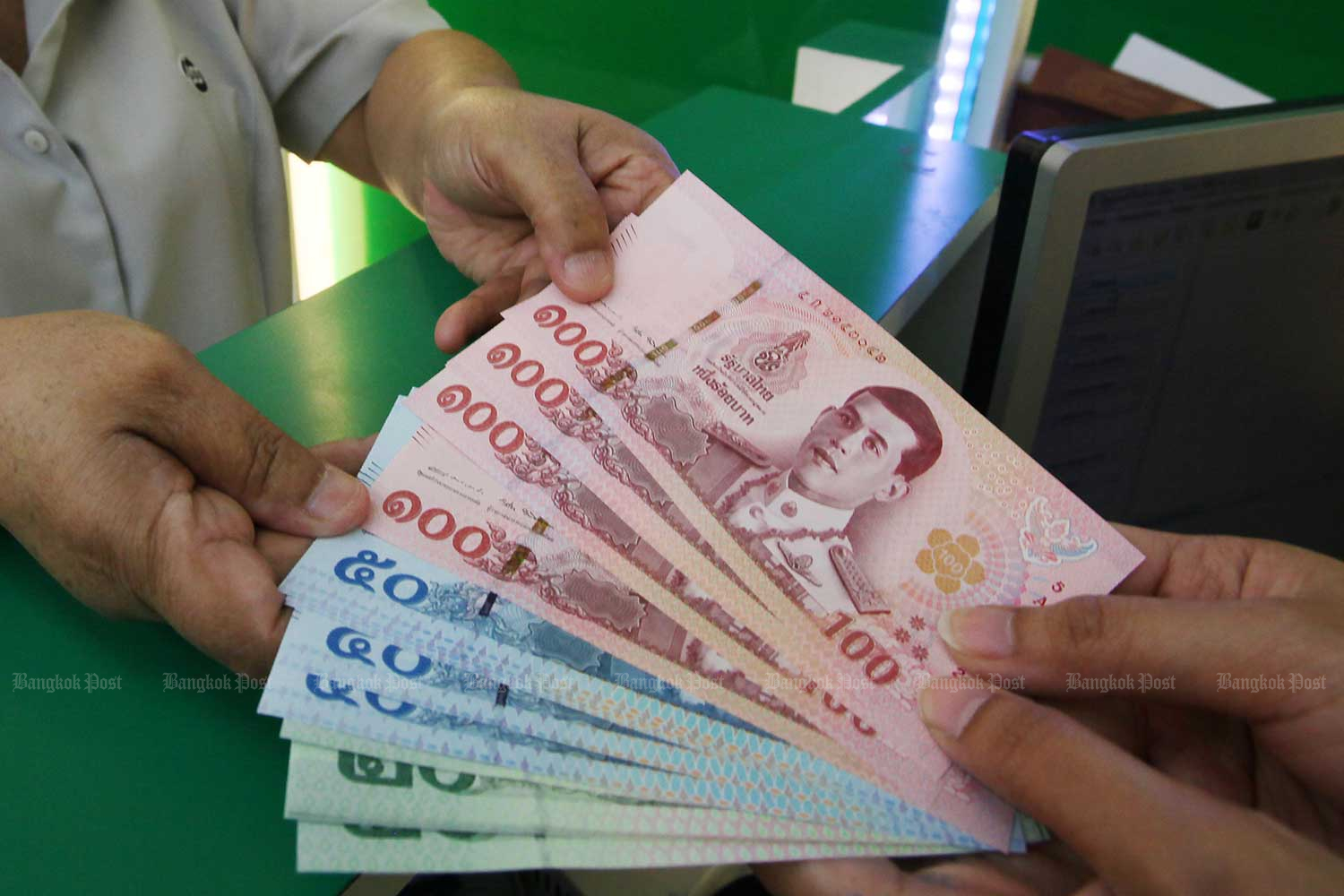
Loan guarantees by a government agency are key in allowing small and medium-sized enterprises (SMEs) better access to funding sources amid higher risks caused by the pandemic, says the Bank of Thailand.
Although commercial banks have not withdrawn loans at a significant level from the central bank's 500-billion-baht soft loan scheme, there are other channels facilitating SMEs' access to funding sources, especially the loan guarantee programme of the Thai Credit Guarantee Corporation(TCG), said Bank of Thailand governor Sethaput Suthiwartnarueput.
"Given the higher risk profile of SMEs, these businesses face difficulty in accessing loans. Loan guarantees as a part of any scheme is a solution," he said.
SMEs are a fragile segment as firms have been ravaged by the coronavirus outbreak. Rising credit risk of SMEs essentially make it more difficult for these businesses to obtain loans.
TCG reported in August it approved 57 billion baht worth of loan guarantees for SMEs qualified under the Bank of Thailand's soft loan scheme.
These SMEs, however, had yet to receive the soft loans because of financial institutions' discretion over concerns associated with non-performing loans, said TCG president Rak Vorrakitpokatorn.
Mr Rak said if the proposed portfolio guarantee scheme (PGS) 9 worth 200 billion baht won government approval, the TCG would have the capacity to provide additional loan guarantees worth 300 billion baht for SMEs.
Contributing and providing sufficient liquidity, meanwhile, is a key part of the central bank's mission and the regulator will concentrate on this area under a targeted policy.
The central bank has been offering 500 billion baht in soft loans at 0.01% interest to financial institutions for two years to relend to SMEs, with a maximum credit line of 500 million baht at 2% interest. The government will absorb interest charges for six months for SMEs that receive soft loans. To be eligible, SMEs must operate domestically, be non-listed firms, have a credit line of up to 500 million baht from financial institutions, and continue to service debt or make late payments of less than 90 days at the end of last year.
But an interest rate incompatible with banks' financial costs is the main reason the central bank's soft loan scheme has floundered, said a source at a state-owned financial institution, speaking on condition of anonymity.
To facilitate SMEs with better access to funding sources, regulatory bodies, including the central bank, have relaxed the soft loan scheme. In October, the central bank approved the extension of the soft loan scheme by six months and allowed firms listed on the Market for Alternative Investment to apply for them, a previous obstacle to participation. The rules allow SMEs that are performing loan customers of financial institutions with credit lines of no more than 500 million baht as of Dec 31, 2019, to apply for the loan scheme.
The central bank charges financial institutions 0.01% per year under the soft loan scheme, while banks can charge SMEs a maximum rate of 2% per year. The soft loan programme offers a grace period for interest payment during the first two years, and waives fees for loan applications.
As of Nov 30, the central bank had granted 122 billion baht worth of soft loans to financial institutions, which in turn lent money to 73,266 SMEs at an average of 1.7 million baht per borrower. Total outstanding debts of SME loans provided by commercial banks and non-bank firms were worth 3.80 trillion baht, while 2.85 trillion baht were total outstanding SME loans from specialised financial institutions (SFIs). As of Sept 30, soft loans were granted by financial institutions and non-bank firms to 4.91 million SME loan accounts, while 7.06 million SME loan accounts were financed by SFIs.